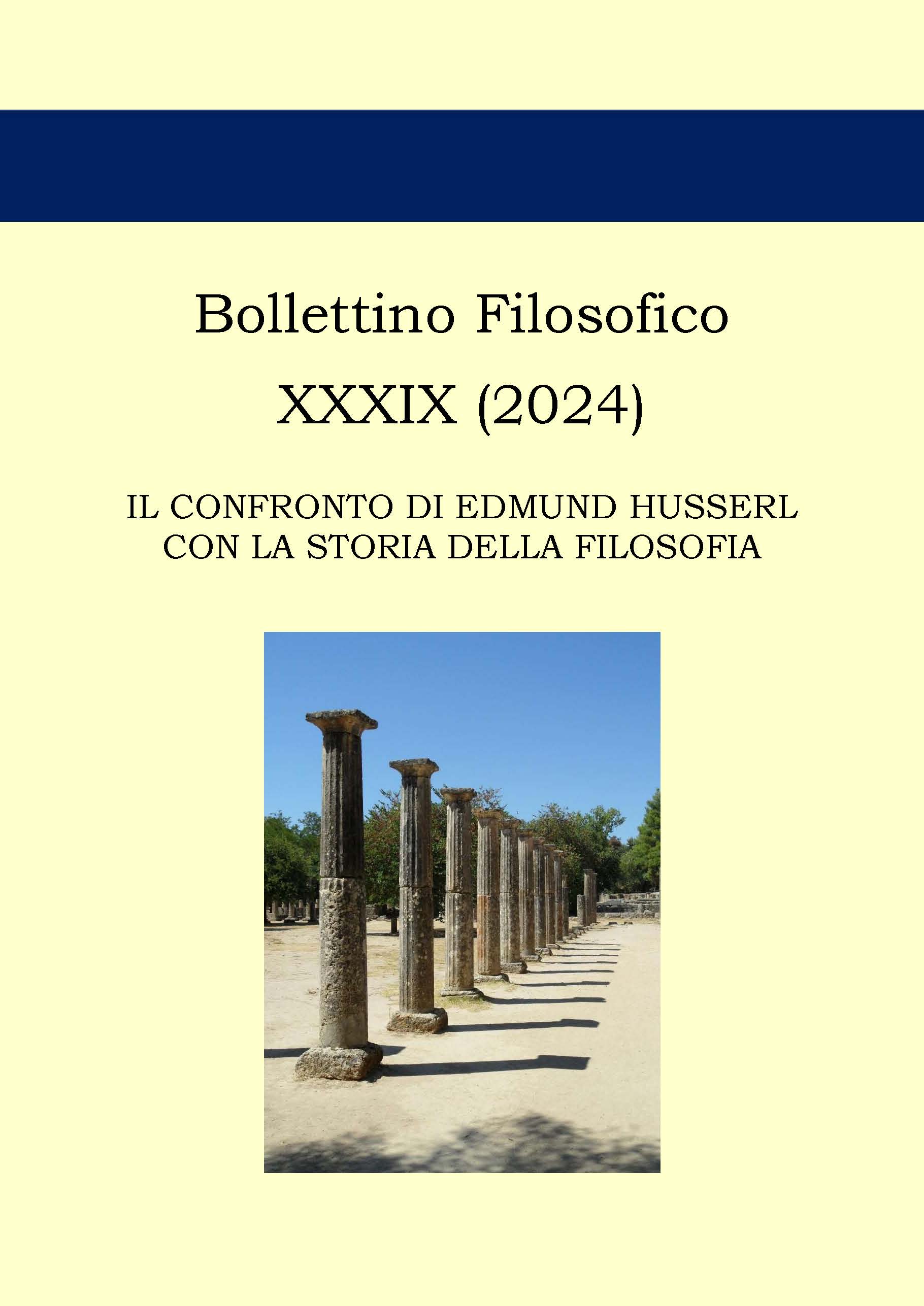Hegel and Husserl on Perception. A Phenomenological Dispute
Abstract
In this paper I stage a phenomenological dispute between Hegel and Husserl on the essence of perception. I argue that Hegel’s dialectical reconstruction of perceptual experience in the Phenomenology of Spirit hinges on two problematic assumptions: (1) the properties of perceptual objects are universals; (2) the way in which sensory properties determine perceptual objects is a kind of negation. I challenge both assumptions drawing on Husserl analysis of perception in Experience and Judgment. On Husserl’s account perceptual objects are not originally experienced as “things-of-multiple-properties”, as Hegel would have it, but rather as inarticulate perceptual wholes. Only through explicative contemplation do perceptual properties become salient and when they do so, they do not negate each other or the object but are rather taken up in a special kind of synthesis of partial coincidence. I conclude with a recapitulation and point toward the relevance of the disagreement between Hegel and Husserl for any future discussion of conceptualism and non-conceptualism in the philosophy of perception.
Keywords: Conceptualism/Non-Conceptualism, Hegel, Husserl, Perception, Phenomenology
Downloads
Copyright (c) 2024 Andrea Sebastiano Staiti

This work is licensed under a Creative Commons Attribution 4.0 International License.
The author retains the copyright of his work whilst granting anyone the possibility “to reproduce, distribute, publicly communicate, publicly exhibit, display, perform and recite the work”, provided that the author and the title of the journal are cited correctly. When submitting the text for publication the author is furthermore required to declare that the contents and the structure of the work are original and that it does not by any means compromise the rights of third parties nor the obligations connected to the safeguard of the moral and economic rights of other authors or other right holders, both for texts, images, photographs, tables, as well as for other parts which compose the contribution. The author furthermore declares that he/she is conscious of the sanctions prescribed by the penal code and by the Italian Criminal and Special Laws for false documents and the use false documents, and that therefore Bollettino Filosofico is not liable to responsibilities of any nature, civil, administrative or penal, and that the author agrees to indemnify and hold Bollettino Filosofico harmless from all requests and claims by third parties.
